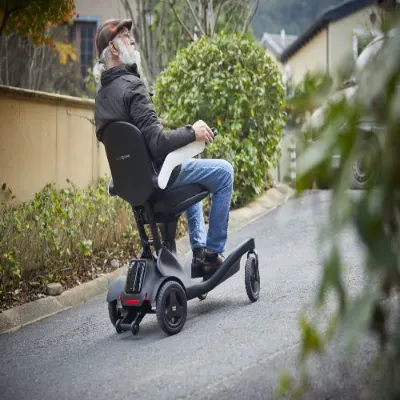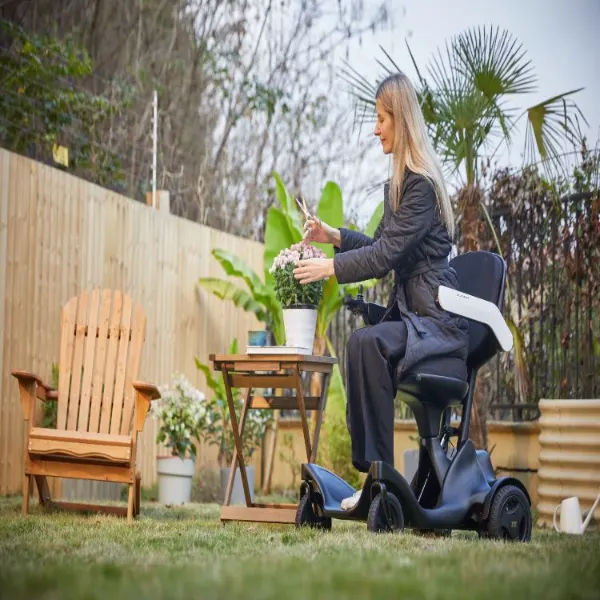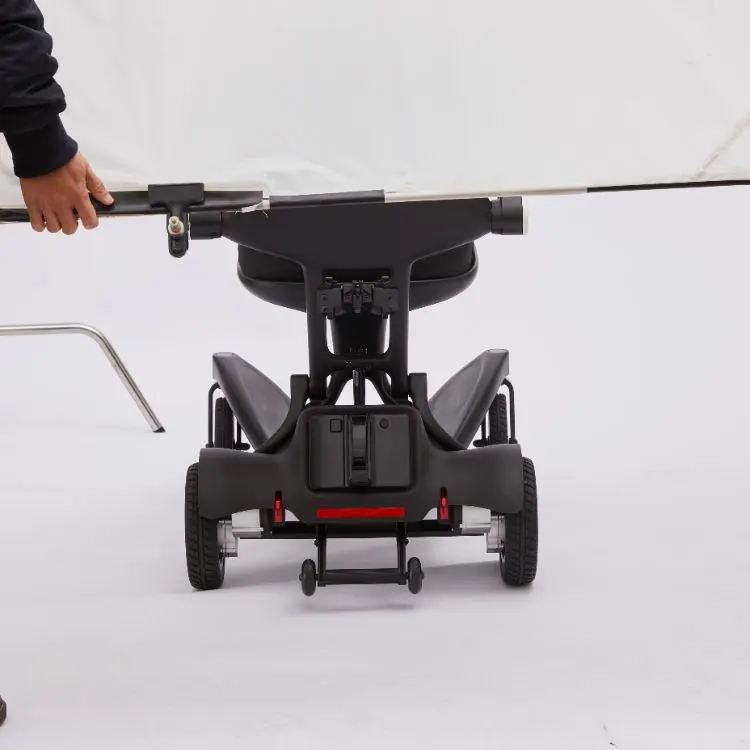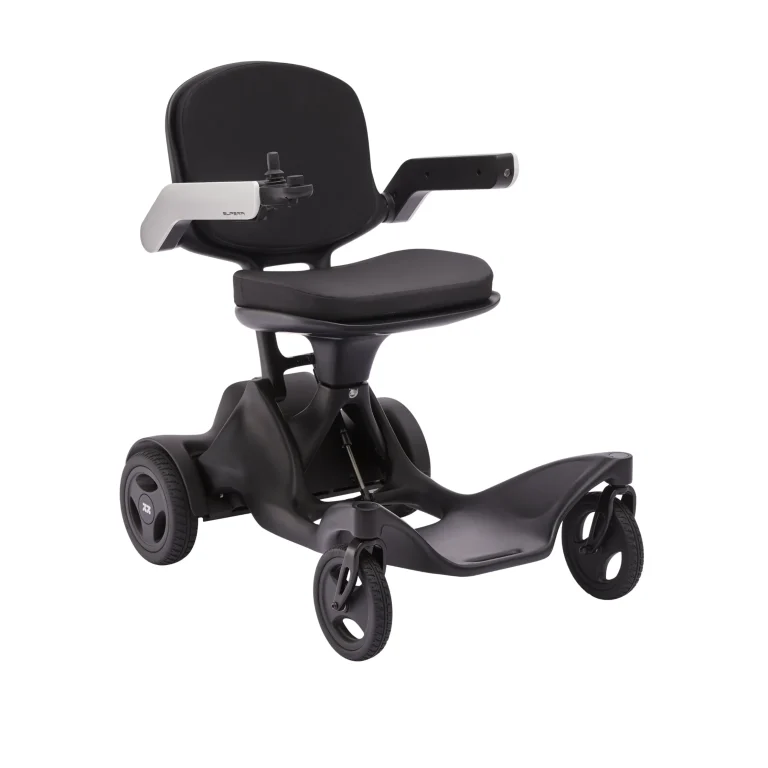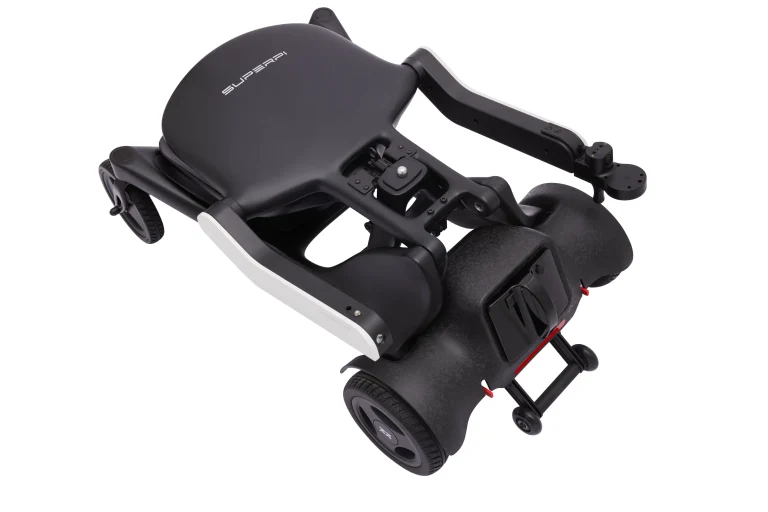
Introduction: The $8 Billion Question
(700 words)
- Opening Hook: In 2023, Florida retiree Linda Carter spent 9 months fighting Medicare after tariffs added $1,800 to her wheelchair quote.
- Key Stat: U.S. imports of Chinese-made electric wheelchairs dropped 43% since 2018 tariffs (U.S. ITC Data).
- Thesis: Once a niche healthcare product, electric wheelchairs are now battlegrounds in trade wars – with disabled communities caught in the crossfire.
- Roadmap: Price explosions, supply chain chess games, and why Vietnam’s factories can’t fill China’s shoes.
Section 1: Tariff Mechanics 101 – Why Wheelchairs Aren’t “Just Medical Devices”
(900 words)
1.1 The Component Conundrum
- Breakdown of a $4,000 Wheelchair:
- 38% Motors/controllers (HS 8501.10)
- 22% Lithium batteries (HS 8507.60)
- 15% Aluminum frame (HS 7604.29)
- Tariff Triggers:
- U.S. Section 301: 25% on Chinese motors
- EU Carbon Border Tax: €95/ton CO₂ on frames by 2026
- India’s GST: 18% “luxury tax” on imported chairs over ₹100,000
1.2 The Exemption Mirage
- FDA vs. Customs Clash:
- Case Study: Permobil’s M3 Corpus denied duty-free status despite FDA clearance
- Legal Gray Area: When does “medical necessity” override “commercial origin”?
- Paperwork Nightmares:
- Required documentation for tariff exemptions: 14 forms across 3 agencies
Section 2: Price Tsunamis – Who Pays the Real Cost?
(1,200 words)
2.1 End-User Impacts
- U.S. Medicare Crisis:
- CMS reimbursement stuck at 2,800��.2,800vs.4,600 average post-tariff chair
- 28% of users now crowdfunding upgrades (GoFundMe 2023 Data)
- Developing World Double Bind:
- Nigeria’s 35% “electronics tax” on Chinese imports prices chairs at 2x GDP per capita
2.2 Market Distortions
- Luxury vs. Essentials:
- Permobil’s $18,000 F5 Corpus (Swedish-made, tariff-free) sales up 57%
- Bankruptcy of Budget Brands: Drive Medical exits mid-range market (2022)
- Gray Market Explosion:
- Mexican “remanufactured” chairs (80% Chinese parts) flood U.S. via eBay
- FDA Warning Letters up 300% since 2020
Section 3: Supply Chain Chess – The Global Manufacturing Shuffle
(1,500 words)
3.1 The China Exit Illusion
- Vietnam’s Growing Pains:
- Karma Medical’s Da Nang plant: 5-month motor shortage exposes supply gaps
- Labor productivity: 2.3 chairs/worker/day vs. China’s 4.7
- Mexico’s Boom & Bust:
- Sunrise Medical’s $50M Querétaro facility struggles with:
- 14-week lead times for Chinese gearboxes
- 22% higher wages than Guangdong
- Sunrise Medical’s $50M Querétaro facility struggles with:
3.2 Tariff Engineering Tactics
- Decontenting Strategies:
- Invacare’s TDX SP2 removes tilt sensors to avoid “advanced medical device” classification
- Modular Loopholes:
- Ottobock’s “DIY Kit” (imported as parts, assembled post-tariff) saves 18%
- Transshipment Games:
- Cambodian “assembly factories” adding 1 screw to Chinese chairs for ASEAN tariffs
Section 4: Policy Paradoxes – When Trade Rules Clash with Disability Rights
(1,000 words)
4.1 Legal Challenges
- ADA Lawsuits:
- National Council on Disability v. USTR (2023): Alleging tariff discrimination
- Precedent: 1998 WTO ruling against Japan’s wheelchair quotas
- Lobbying Wins/Losses:
- United Spinal Association’s 2023 ITC exemption for batteries
- Failed push to classify chairs as “essential medicines” under WHO guidelines
4.2 Ethical Dilemmas
- The Innovation Trap:
- 3D-printed chairs avoid tariffs but lack insurance approvals
- Data Colonialism:
- Chinese GPS-tracked chairs banned in EU over privacy laws
Section 5: Future Scenarios – 2030 Forecasts
(700 words)
5.1 The Green Tariff Wave
- EU’s CBAM Expansion: Carbon costs adding €210 to lithium-ion powered chairs
- U.S. Inflation Reduction Act: 30% tax credit for domestically sourced batteries
5.2 Tech Disruptions
- Solid-State Batteries: QuantumScape’s 2027 rollout could cut tariff-impacted components by 40%
- AI-Driven Customs: Blockchain bills of lading automating exemption claims
5.3 Worst-Case Realities
- UN Warning: 23 million projected users priced out by 2030
- Black Market Dangers: Uncertified chairs linked to 540 fire incidents (2023)
Case Studies
(600 words)
- India’s NeoMotion: Thriving under “Make in India” tariffs – but 6-month waitlists
- Cuban Crisis: How U.S. sanctions force reliance on $12,000 Turkish imports
- Taiwan’s Silent Victory: 82% of high-end controllers now made tariff-free in Taichung
Conclusion: Mobility Justice in a Divided World
(300 words)
Tariffs have transformed electric wheelchairs from medical tools into political bargaining chips. While reshoring efforts stumble and gray markets thrive, disabled users increasingly bear the costs. Solutions demand radical collaboration – from reclassifying mobility tech under humanitarian codes to WTO-led accessibility treaties. The alternative? A world where freedom of movement depends on your nation’s trade deals.

